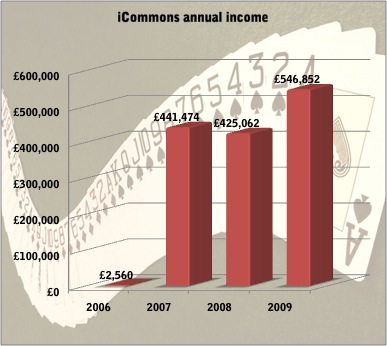
A hundred years ago, the socialist utopians had a vision of what they called “a world without want”. The Zero Carbon Trust published its vision of Britain in 2030 earlier this month, and it’s one where people’s “wants” will substantially increase. Particularly anyone wanting, say, a lamb chop with rosemary and garlic, or a Shepherd’s Pie.
The Trust wants British livestock be reduced to 20 per cent of current levels, and since shipping in frozen meat is carbon intensive, and verboten, you’ll have to do without. Or be a Lord to afford one.
This one example is just one of the random miseries to be inflicted on the population as part of the Trust’s proposed “New Energy Policy”, a collection of ideas assembled with the scattergun enthusiasm of the Taliban.
Let me give you another example of how what was once an idealistic progressive impulse can turned into what we might justifiably call an “austerity jihad”. After 1917, Trotsky had grand plans for mass transit – this would no longer be the preserve of an elite. The proletariat would travel far and wide, at low cost, and in great comfort. Not only that, but he envisaged room in Soviet train carriages for a string quartet. And a lectern. Travel would broaden the mind, Trotsky believed, in so many ways.
But back to the Zero Carbon Britain of 2030, we see that all domestic air travel will be banned, and all travel they deem unnecessary will also be impossible. This is not a group that thinks of Maglev Trains, speeding between London and Glasgow at over 300mph are a good idea. Mobility will pretty much return to C17 standards, where you had to hitch a lift from a passing horse.
Read more
 The audience are the actors in writer Tim Kring’s latest adventure. In his famous creation, the TV show Heroes, people discover they have superhero powers, and go off and battle Evil. In his latest, people go and battle Evil, and discover they have been given Nokia smartphones.
The audience are the actors in writer Tim Kring’s latest adventure. In his famous creation, the TV show Heroes, people discover they have superhero powers, and go off and battle Evil. In his latest, people go and battle Evil, and discover they have been given Nokia smartphones.





